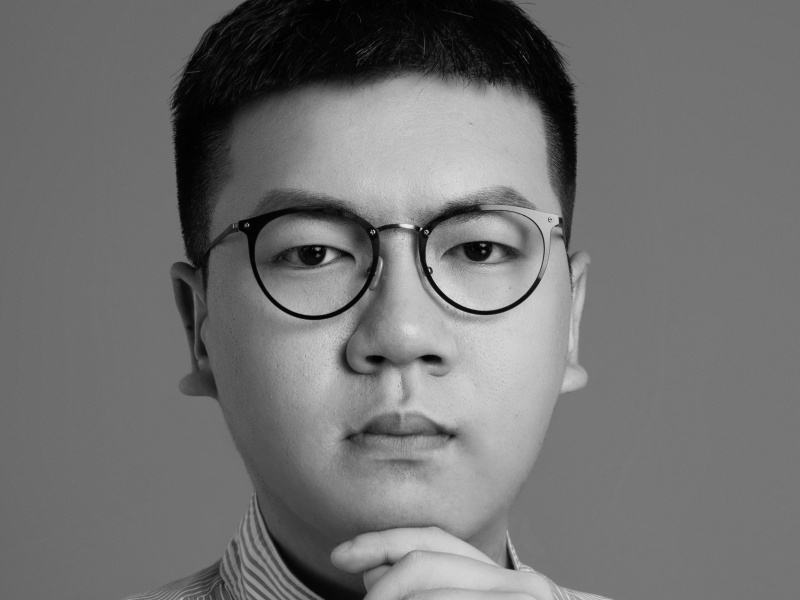This panel discussion at the 2020 Luxury Society Keynote delved into how brands can leverage social selling to efficiently retain consumers and drive performance.

This panel discussion at the 2020 Luxury Society Keynote delved into how brands can leverage social selling to efficiently retain consumers and drive performance.
When the pandemic first broke out in 2020, it interrupted offline transactional touchpoints in China and sales associates – one of the most direct points of contact between brands and consumers – lost one of their most effective client acquisition channels. Social selling became the saving grace of many brands, with sales associates leveraging existing customers on WeChat and to drive conversions even amidst store closures.
At the 2020 Luxury Society Keynote in Shanghai, Alexander Wei, Editor at Luxury Society, was joined by three guests – April Ren, Head of E-commerce at Breitling; Hong Kai, Chief Executive Officer of JINGdigital, a leading marketing automation platform; and Layla Lee, Associate Account Director at DLG (Digital Luxury Group) in a panel discussion about the transformation of the social selling business in China. The trio also shared their experiences and insights on the topic.
Social selling is not a new concept in China. Sales associates and companies have long been engaging with clients via social platforms and selling through them – especially WeChat. The only difference is that now with advanced clienteling tools available on WeChat, brands can conduct social selling in a more standardised and scalable way, making it an effective communication and sales channel. As Hong described, while it was more like “guerrilla warfare” before, developments in the ecosystem have allowed social selling to be elevated to a corporate-level strategy.
Apart from generating direct conversions, social selling can serve as a complement to a company’s communications and customer service as well. “Brands should not see it as a pure sales channel. The success of social selling should not be judged based on sales performance alone,” emphasised Lee. With the right infrastructure in place, brands can leverage the social selling approach to capture data that helps improve communication efficiency and guide sales associates in providing even more personalised service to consumers. This will ultimately extend the customer lifecycle.
All that said, social selling will only truly benefit a brand if the entire organisation is on board – especially sales associates on the ground. As such, incentivising the frontline sales force will be pivotal in ensuring the approach’s success. Breitling, shared Ren, made sure to consider this when introducing its commission contribution model. Through a sophisticated omnichannel setup, the brand is able to identify the origin of a sale and reward online and offline sales associates accordingly. To inspire the sustained interest and involvement of sales associates in the long run, brands can also consider gamification to track their performance, said Hong. This way, sales associates would have up-to-date information on their own performance presented to them in a fun and engaging manner.
Watch the video below for the full session.










